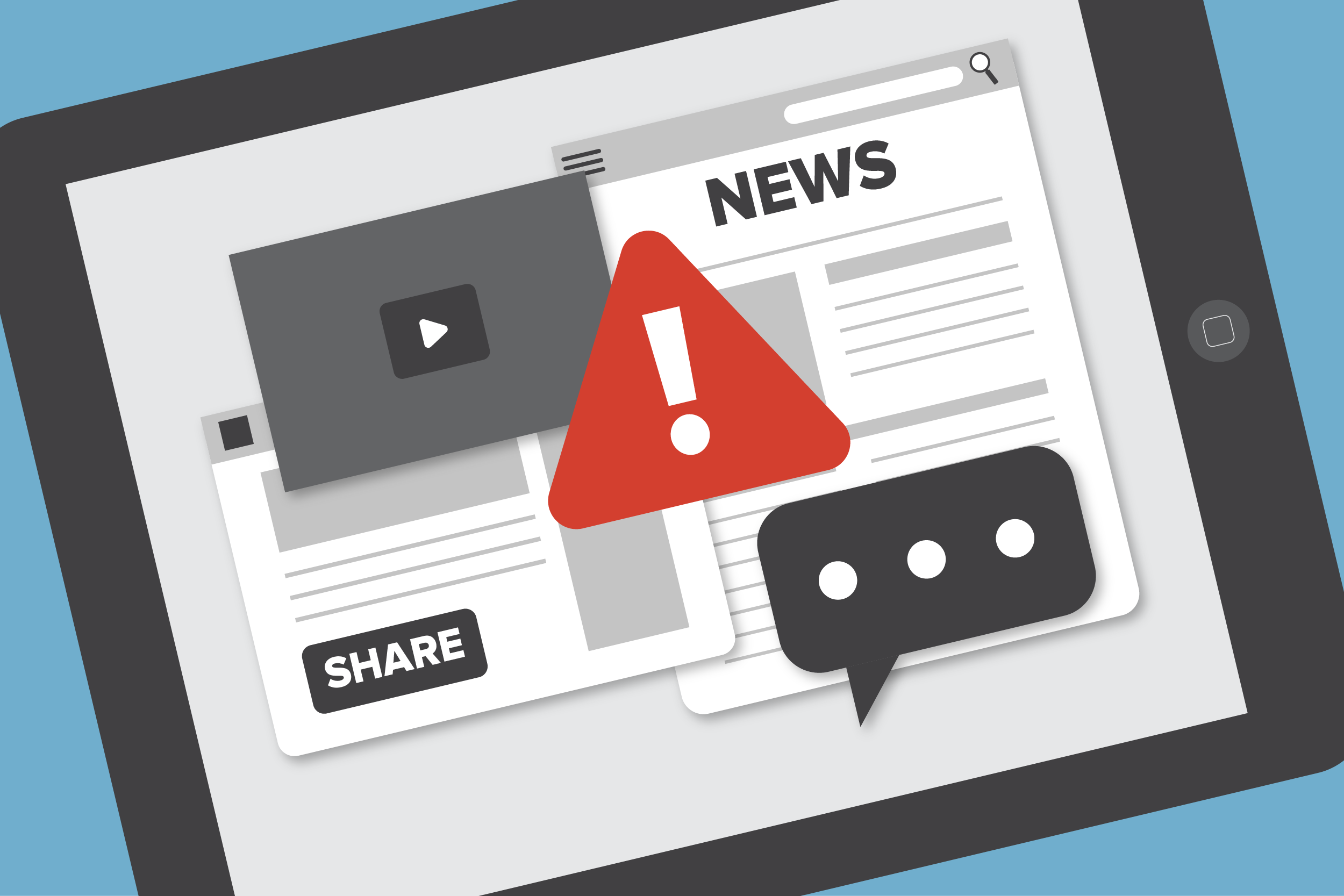December 6, 2016 at 6:00 am ET
- Share on Facebook
- Share on Twitter
- Share on LinkedIn
- E-mail to a friend



When it comes to fake news, a majority of people think internet service providers, social media platforms, search engines and the government all share responsibility for removing the misleading content.
But when asked who is most responsible, U.S. adults point to the reader, according to a recent Morning Consult poll.
The proliferation of fake news online went from debating the effect on the U.S. presidential election to having real consequences on Dec. 4, when a man allegedly opened fire at a Washington pizza restaurant that’s at the center of an unfounded conspiracy theory.
RELATED: Which Media Outlets Do Americans Think Are the Most Credible?
But American adults aren’t exactly sure who carries the most responsibility, besides themselves, according to a Morning Consult poll of 1,605 adults. The survey found that 67 percent of respondents said search engines like Google are responsible for ensuring people are not exposed to fake news. Sixty-six percent said the same about the person reading the news. Social media sites like Facebook and Twitter had 63 percent of people say they should act as gatekeepers, while 56 percent said the government has that responsibility.
But when asked who has the most responsibility, 24 percent said it’s the person reading the news. The second-highest response was “don’t know,” with 20 percent. Social media sites came in at 17 percent, and search engines trailed with 9 percent. Fourteen percent of respondents said that responsibility falls on the government’s shoulders.

Fifty-five percent said that on more than one occasion they started reading a story, only to realize it wasn’t true, while 31 percent said they see fake news more than once a day on the internet or browsing sites like Facebook or Twitter. Twenty-six percent reported not knowing whether they see fake news online.
On Sunday, a man armed with an assault rifle went into a pizza shop in Washington at the center of conspiracy-fueled attention from Hillary Clinton detractors, according to the Washington Post. The pizzeria’s owner acknowledged the incident in a Facebook post that evening, and he reiterated the stories being circulated about his restaurant have “no basis in fact.”
It’s unclear what influences the spread of conspiracy theories — a reader’s inability to identify fake news, political bias or something else — but some respondents said they trust sources not known for authenticity.
Eighteen percent of respondents said they trust satirical news site The Onion, and 19 percent trust the far-right site Breitbart News. Forty-eight percent said they trust National Public Radio, and 61 percent said the same about the Wall Street Journal.
Among broadcast networks, CNN led cable news channels with 60 percent saying it’s credible news source, despite complaints about the network’s volume of coverage of then-Republican presidential candidate Donald Trump. Sixty-seven percent of respondents said they consider ABC to be credible, making it the highest-ranked broadcast network.
This poll was conducted among 1,605 adults from December 1-2. Is has a margin of error of 2 percentage points. Toplines are available here and crosstabs are available here.